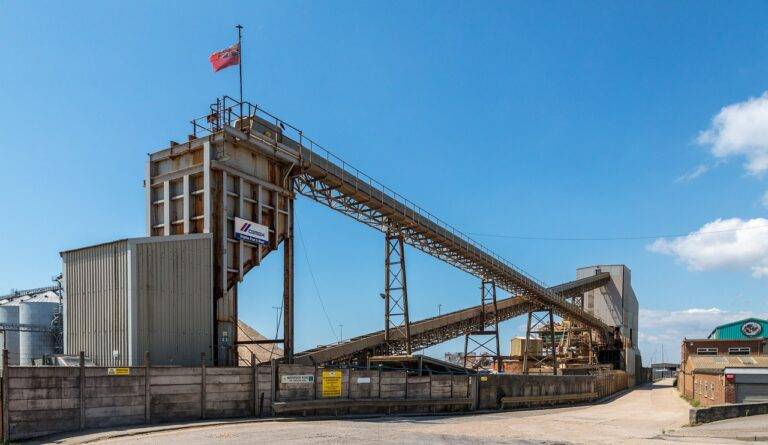Innovations in Agricultural Waste Management: 11xplay pro login, Tigerexch247 live, Betbook.com
11xplay pro login, tigerexch247 live, betbook.com: Innovations in Agricultural Waste Management
Agricultural waste management is a critical issue that farmers and policymakers around the world are increasingly focused on. With growing concerns about environmental sustainability and the need to maximize resources, there is a pressing need for innovative solutions to deal with the waste generated by farming practices. In this blog post, we will explore some of the latest innovations in agricultural waste management that are helping to address these challenges.
Reducing Food Waste Through Precision Agriculture
One of the most significant sources of agricultural waste is food loss and waste throughout the supply chain. Precision agriculture technologies are revolutionizing the way farmers manage their crops, helping them to reduce losses and improve efficiency. By using sensors, drones, and other cutting-edge tools, farmers can monitor their fields in real-time, identify areas of potential waste, and take proactive steps to address these issues. This not only helps to reduce waste but also enhances overall productivity and profitability.
Utilizing Biodegradable Packaging Materials
Packaging waste is another major concern in the agriculture industry, with tons of plastic and other non-biodegradable materials ending up in landfills every year. To combat this problem, innovators are developing biodegradable packaging solutions that break down naturally over time, reducing the environmental impact of agricultural products. From compostable bags to edible packaging made from natural materials, these innovations are helping to create a more sustainable supply chain for farmers and consumers alike.
Harnessing Bioenergy from Agricultural Waste
Agricultural waste, such as crop residues and animal manure, can be a valuable source of bioenergy that can be used to power farms and even entire communities. Through processes like anaerobic digestion and gasification, farmers can convert their waste into biogas, biofuels, and other renewable energy sources. This not only helps to reduce the environmental footprint of agriculture but also provides a cost-effective way to generate energy and reduce reliance on fossil fuels.
Implementing Closed-Loop Systems
Closed-loop systems are an innovative approach to agricultural waste management that seeks to minimize waste generation and maximize resource efficiency. By integrating various components of the farming operation, such as crop production, livestock management, and waste recycling, farmers can create a self-sustaining system that minimizes external inputs and waste outputs. This circular economy model not only reduces environmental impact but also improves overall resilience and sustainability.
Promoting Sustainable Practices
At the heart of agricultural waste management is a commitment to sustainable practices that minimize waste generation and maximize resource utilization. From soil conservation and water management to integrated pest management and organic farming, there are a variety of strategies that farmers can employ to reduce their environmental footprint and enhance long-term productivity. By promoting these sustainable practices and incentivizing their adoption, we can create a more resilient and sustainable agricultural sector for future generations.
FAQs
Q: What are some common types of agricultural waste?
A: Common types of agricultural waste include crop residues, animal manure, food waste, plastic packaging, and chemical containers.
Q: How can farmers reduce their waste generation?
A: Farmers can reduce waste generation by implementing precision agriculture technologies, utilizing biodegradable packaging materials, harnessing bioenergy from waste, implementing closed-loop systems, and promoting sustainable practices.
Q: Why is agricultural waste management important?
A: Agricultural waste management is important because it helps to minimize environmental impact, reduce resource depletion, enhance sustainability, and improve overall efficiency in the agricultural sector.
Q: What role do policymakers play in agricultural waste management?
A: Policymakers play a critical role in agricultural waste management by implementing regulations and incentives to promote sustainable practices, fund research and innovation, and support the development of infrastructure for waste management.
In conclusion, innovations in agricultural waste management are essential for creating a more sustainable and efficient agricultural sector. By embracing new technologies, practices, and solutions, farmers can reduce waste generation, enhance resource efficiency, and improve overall sustainability. Through collaboration between farmers, policymakers, and innovators, we can build a more resilient and sustainable agricultural system for the future.







